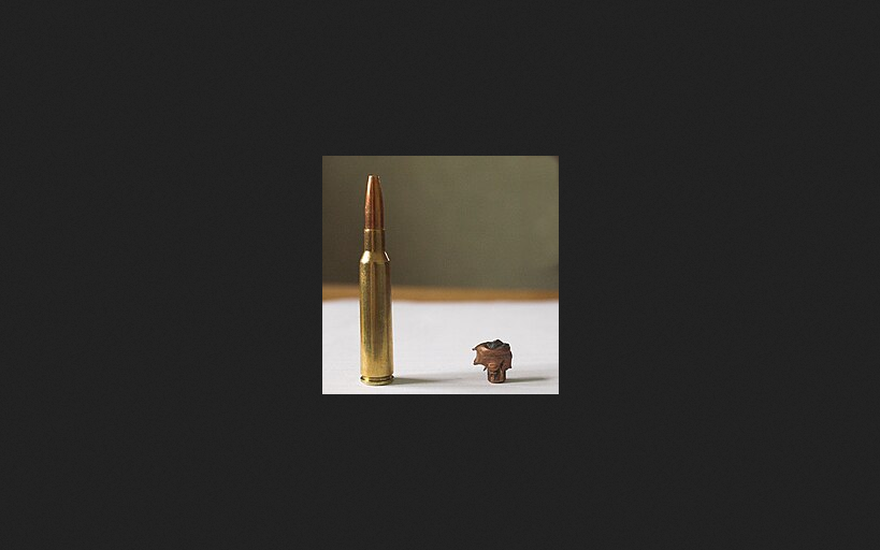
Wikipedia
How to un-bullet your chess life - for U2000
Playing too fast, with superficial chess moves and not improving ?If you have played a lot of bullet and basically destroyed parts of your chess skills, and the damage is done, how can you find the way back to a more relaxed, fulfilling and steadily improving chess life ?
- Focus on the slow time control games, and go deep into variations. Correspondence chess is a great training tool. On Lichess you are not allowed to use chess engines during a correspondence chess game [1] but you are allowed to consult opening books and endgame books, which makes it an interesting training tool to improve your chess. You can put the chess position from your game on a real chess board with real chess pieces at home and then move the pieces to check out variations you may be willing to play. If you really want to play bullet, then play a very minimal amount per day, and perhaps play casual so that the rating factor is gone.
- Embrace the beauty of chess. Find over the board chess game gems, or chess compositions and bring that chess joy into your chess life, so that you can slowly start to appreciate beauty in your own chess games. And above all, share these gems with other chess players - Make Gens Una Sumus happen, and be part of it.
- Shift the focus from rating gain and win results to your personal chess improvement and personal chess joy, and share that joy and improvement. If you manage to make that shift, you can feel happy when you found a creative idea in one of your chess games even if you lost most of the games. Choose dopamine instead of adrenaline.
- Instead of the focus on playing a lot of games, spend more time on analyzing your own games more deeply and also focus more on your daily training and puzzle solving. Superficial chess is like fast food. It may seem to fill you but is really anything from healthy or fulfilling. If you go for some slow time control games per day, go for a maximum, for example two or three rapid games per day, and analyze all of them properly and deeply. Think about writing down your thoughts in a notebook so that over time you can look back and see possible progress in your chess thinking. Tap yourself on your shoulder when you played a good game with a nice idea, or with good chess game content, no matter what the result or rating loss was.
- Work on your patience in chess. As in life, in chess patience is important, especially when you become a stronger chess player. The stronger you get, the stronger the opponents you may face, and they will usually go deeper in the chess position and calculate well, and find counter intuitive moves.
You need patience in chess for maneuvering in strategic positionsbut you also need patience for being able to spend a lot of time on some moves in slower time control games, especially when a critical position arises. - Do not copy cat blindly. You can watch a lot of chess videos and watch top grandmasters play bullet, and perhaps want to be like them, but it is best to develop an independent and critical way of thinking. Work hard and efficient daily on your chess. Lichess, Chessable and Chesstempo are excellent tools to help you, and so are all kind of paper chess books. And remember : videos, just like TV is like one way traffic, you are just a spectator. Watching chess videos can be useful but it is better to use inter active training tools to do your chess training, for example read part of a chess book and then do the exercises that come with that chapter, or work in books on Chessable or Chesstempo.
- Use the engine just to check for mistakes and blunders in your games, but stay critical.
Engines like to grab material and then defend based on their brute-force calculation skills.
For human chess players U2000 rated it makes sense to understand what is going on in a chess game, and being able to follow up without getting lost in a calculation labyrinth. In the faster time controls it is also usually more difficult and time consuming to defend. Unless you are a defensive and positional talent, make an effort keep things human understandable and solid. Simple chess that is human understandable, can be found in games by for example Smyslov, Capablanca, Botvinnik and Fischer. Usually the style of playing in their games was crystal clear, no nonsense, and also beautiful chess.
Enjoy your chess !
[1] Unlike with the world wide correspondence chess society as well as the national Dutch correspondence chess society, and probably in other countries too.
Discuss this blog post in the forum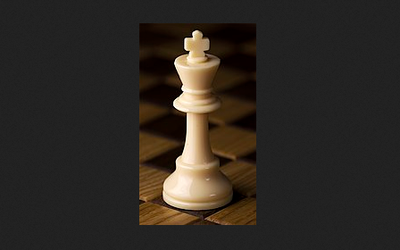
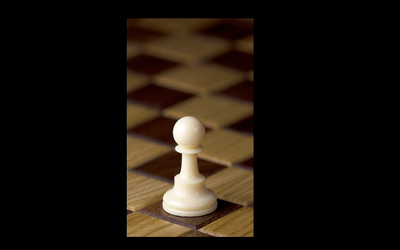
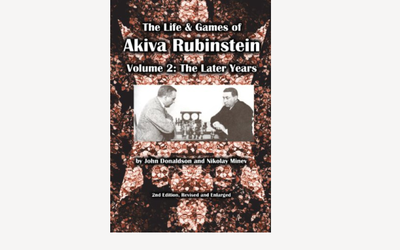
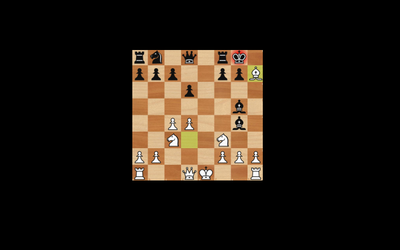
More blog posts by achja

Sharing two chess compositions I enjoyed this week
First the diagrams, then some comments
Modern defense - h and a pawn push game - and how black can play better
In the past I have tried this h pawn push idea several times, but if black responds properly this ca…
Book review : The Life & Games of Akiva Rubinstein. Volume 2 : The Later Years
by John Donaldson and Nikolay Minev. 2nd Edition, Revised and Enlarged (Russell Enterprises 2011)